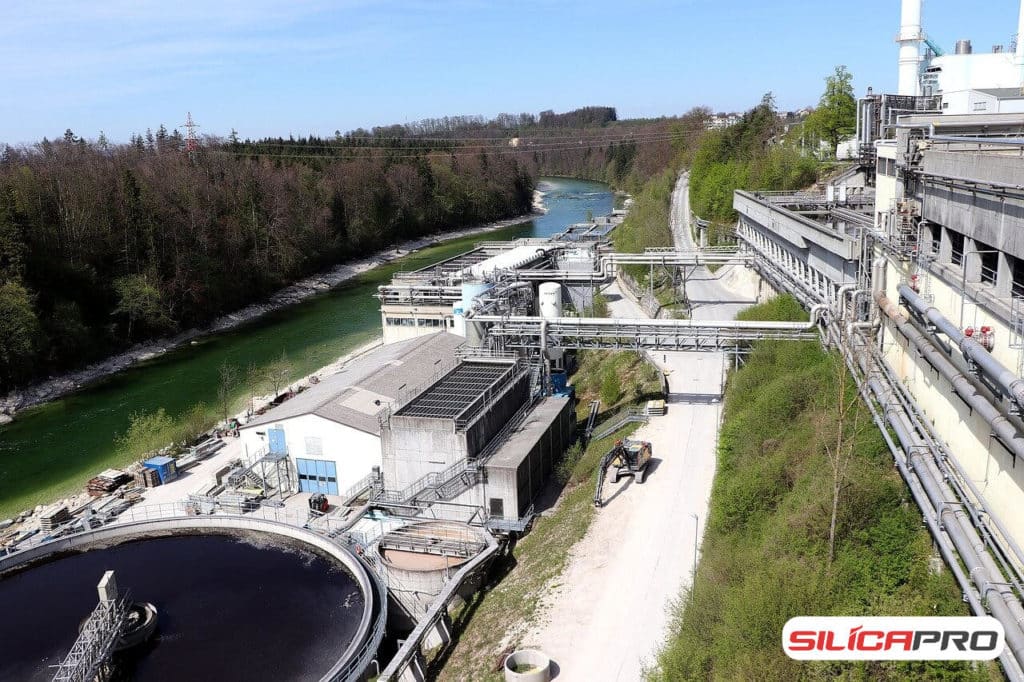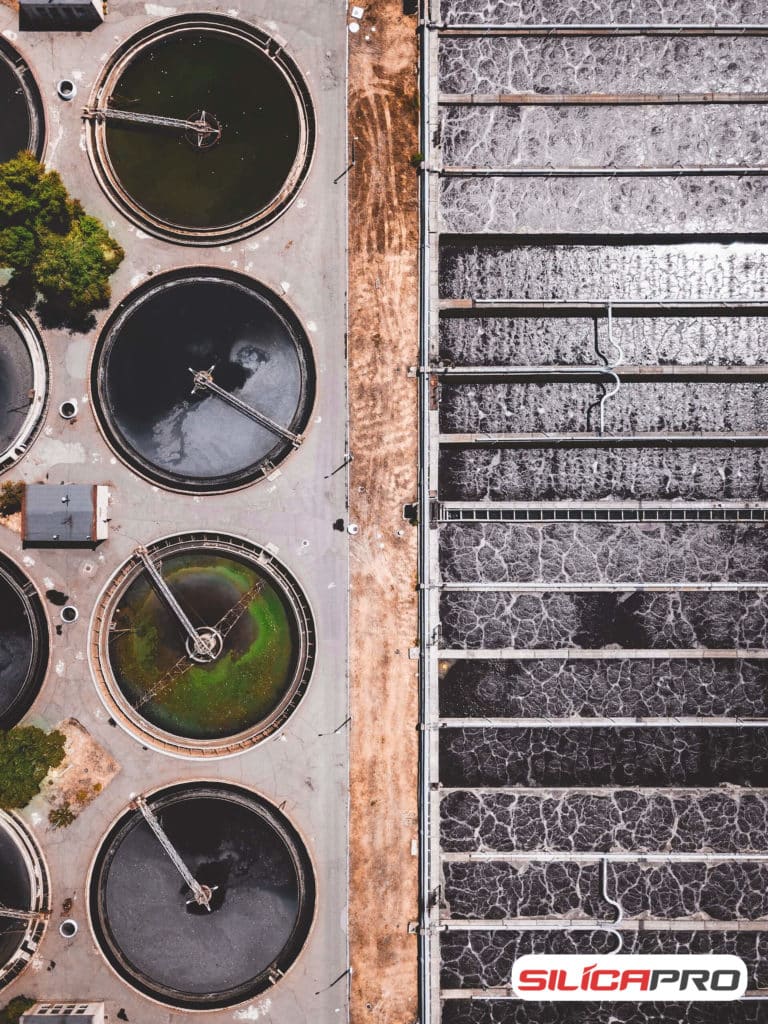
Fiberglass for wastewater treatment plants may not be popular at the moment. But when everyone supports efficient and practical waste management, the intervention of fiberglass materials is the answer that the public has always been waiting for. The fiberglass business is getting more dynamic without having to risk the health of nature and the environment.
So, how is the application of fiberglass for wastewater treatment plants? What are the advantages and disadvantages? If you are interested in using fiberglass for sewage treatment, please read this article to the end. Collaboration with credible suppliers is wide open for fiberglass installations for various needs.
Contents
Important Facts about Fiberglass for Wastewater Treatment Plants
Let’s start the discussion by knowing various important facts about fiberglass for wastewater treatment plants. This means that you may need to become familiar with the various constraints of installing and maintaining a sewage system, and why you should involve fiberglass in the installation. Let’s look at the following description for a full explanation:
Fiberglass VS Conventional Waste Treatment System
Human civilization has witnessed the development of waste installation systems from time to time. Humans in the past avoided sewage pollution by constructing systems of stair treads, railings, and gratings, to construct structural platforms from steel, wood, or aluminum. These materials are safe with a long-term use period.
Even so, you have to pay high costs, while the right to a clean and decent life should be evenly distributed, both for the poor and the rich. With similar quality (sturdy and durable) fiberglass derivative products can replace the use of wood and steel, and you can get them at a more affordable cost.
Characteristics of fiberglass for wastewater treatment plants
Manufacturers use certain fiberglass derivative products to accommodate and process waste effectively and efficiently. Usually, the material must meet many characteristics. Fiber-reinforced polymers must use a certain matrix to be durable and anti-corrosion.
For household and industrial needs, fiberglass is also relatively easy to produce and fabricate. This material is also quite flexible with shapes and sizes that can be adjusted to consumer demands. It is lightweight and minimal maintenance costs make this material increasingly popular.
Advantages of Fiberglass for Waste Processing Needs
Fiberglass for wastewater treatment plants is a technology for the present and the future. You don’t need to provide a special budget for maintaining fiberglass devices. On the other hand, this material is also durable, leak-proof, and does not rot even if exposed to moisture for years to come.
Applying fiberglass in the area around waste installations can also reduce the risk of accidents. The surface of the product supports adequate friction so you don’t have to worry about slipping when walking or running. Its lightweight will also save energy when transporting and installing.
Variations in Fiberglass Products for Wastewater Treatment Plants

Many suppliers are ready to provide the best products to support a sustainable waste storage and processing system. Even so, you still have to be selective in choosing suppliers who are ready to work professionally and have a good reputation. The following are several variations of fiberglass products available on the market to support wastewater treatment plants:
- Reinforced polymer insulation panels, in the form of very strong corrugated sheets. The size and shape of the product can be adjusted to suit the requests and needs of business partners.
- Fiberglass storage tank guarantees natural protection from waste pollution and protects clean water sources. Superior material because it is anti-corrosion with easy installation.
- Installation of wastewater treatment plants made from fiberglass can also be formed into waste barriers, pipes, dams, and even safe and flexible walkover installations. Suppliers are also ready to provide fiberglass for drain covers which are effective in preventing waste odor pollution.
Waste storage and processing technology is always developing by considering the most efficient technology. The presence of fiberglass is a real solution for households and industries to support sustainable waste management.
If you are interested in using fiberglass for wastewater treatment plants, there is one important thing that you should not ignore. You must be selective in choosing the most credible fiberglass manufacturer for material procurement and installation services. The best manufacturer should be able to provide the best products at the most affordable prices.
